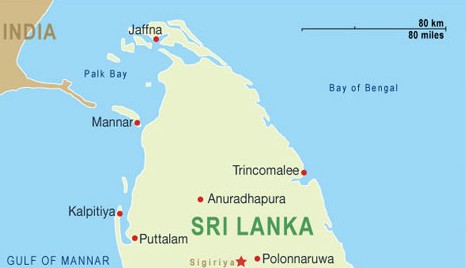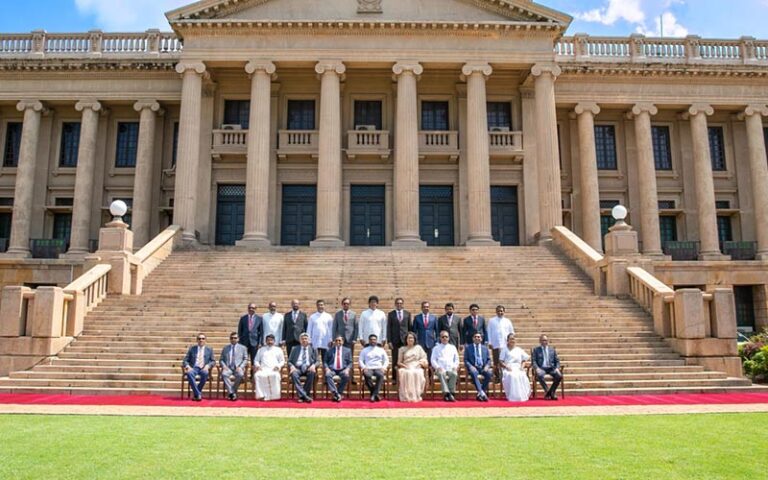
Sri Lanka’s 2024 elections represent a significant turning point, marked by a recent presidential election and an upcoming parliamentary vote, both occurring in the wake of intense political and economic upheaval. President Anura Kumara Dissanayake, who emerged victorious in the September 2024 presidential election, quickly dissolved the existing parliament, setting the stage for parliamentary elections on November 14. Dissanayake’s promise to reshape the political landscape and address longstanding issues like corruption, economic instability, and public disillusionment with entrenched elites guided this decision.
Dissanayake’s rise follows an era of deep challenges, including economic turmoil exacerbated by high debt, currency depreciation, and public protests that forced former President Gotabaya Rajapaksa to resign in 2022. While interim President Ranil Wickremesinghe worked to stabilise the country and secure an International Monetary Fund (IMF) bailout, his measures—primarily austerity reforms—were unpopular and underscored the public’s call for new leadership. Dissanayake’s campaign focused on restructuring these economic policies to lessen the impact on ordinary Sri Lankans and addressing the broader systemic issues that have undermined governance.
The parliamentary elections will decide the composition of Sri Lanka’s 17th Parliament and are critical to Dissanayake’s ability to implement his reforms. His political alliance, the National People’s Power (NPP), aims to secure a majority in the 225-member assembly. However, analysts suggest that the NPP might face challenges in achieving a majority, which could affect Dissanayake’s ambitious reform agenda. The upcoming election also marks the end of decades-long political influence for the Rajapaksa family, who are not fielding candidates, symbolising a broader shift away from traditional power structures.
The results of the parliamentary election will likely shape Sri Lanka’s future significantly, as the new administration seeks to balance international economic demands, particularly from the IMF, with domestic pressures for a more equitable recovery. Dissanayake’s government will need to work closely with international partners, including the United States, China, and India, all of whom view Sri Lanka as a strategically important partner in the Indo-Pacific region.




